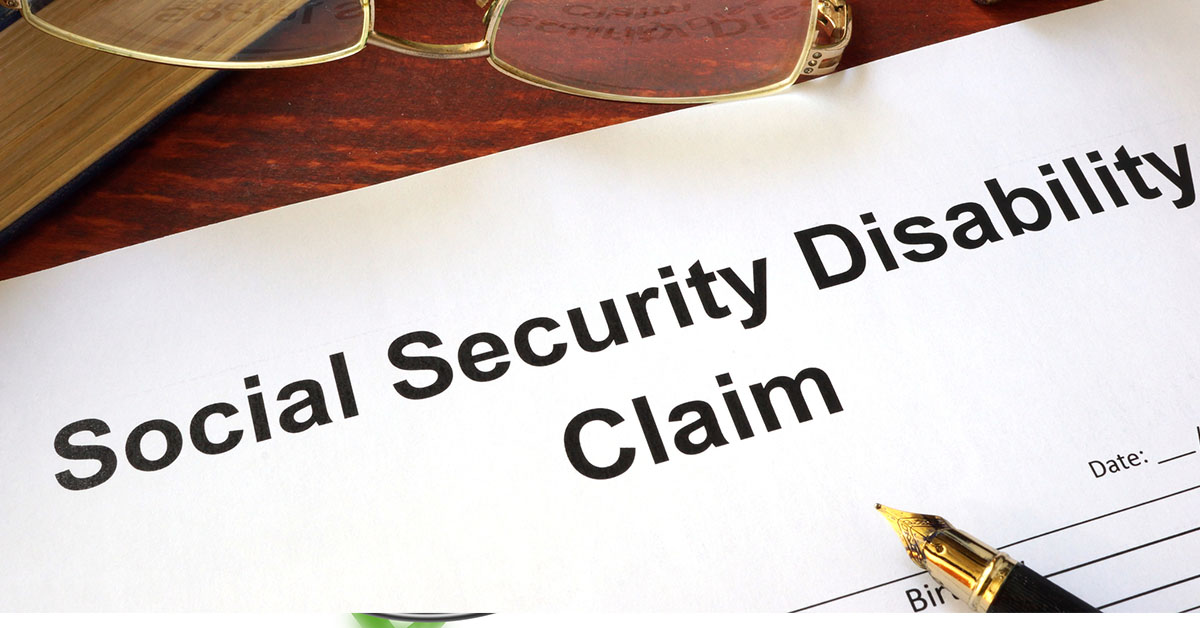Applying for disability benefits can be an overwhelming, intimidating process. There is a lot at stake – your health, your financial security, your ability to care for yourself and your family. When you’re struggling with a life-changing injury or illness, the stress can be difficult to handle. And, unfortunately, it is easy to make a few key errors that may result in a denial of benefits.
If you simply cannot afford to make mistakes, read on for advice from top SSD benefits attorneys:
Mistake #1: Lack of Medical Evidence
Your injury is obvious to you. But the Disability Determination Service (DDS) requires proof. Many applications for benefits are denied because there is not enough medical evidence backing them. Even when people have conditions that are on the list of “Compassionate Allowances” (so severe they automatically qualify the sufferer for benefits), they must still provide documentation.
To qualify for SSD, you must prove that you:
- Can’t do the same type of work that you did before.
- Can’t do other types of work because of your condition.
- Have a condition that will last or is expected to last for at least one year or one that will result in death.
Seeking medical attention is vital; your doctors and specialists will help ensure you have the verifiable evidence you need to qualify for benefits.
What if you have not seen a doctor? If possible, do so as soon as you can. The Social Security Administration does make some allowances for those who cannot afford a doctor and have no access to low-cost/no-cost care. They may also approve benefits if medical treatment is against their religion.
This is not a guarantee, however; it is best to seek medical attention if possible – and make sure doctors/specialists provide you with documentation.
Mistake #2: Failure to Follow “Reasonably Prescribed” Treatments
If you have a condition that could improve with treatment, you must follow your doctor’s orders – and document that you are doing so. If you do not, the SSA can use this as a reason to deny your application.
Again, there are some loopholes here. For example, if the side effects of a medication would be worse than the symptoms of the conditions, the SSA may approve benefits. Other exceptions include:
- When you cannot follow therapy because of your condition.
- Treatment is against your religion.
- Treatment is too expensive.
- You get a second opinion and that doctor disagrees with the treatment recommended by another.
If it is within your power, follow your doctor’s recommended treatment plan. If you cannot, document why. An experienced SSD benefits attorney can help you determine how best to do this.
Mistake #3: Not Remaining in Contact with the SSA
Many people struggling with a disability are forced to move or lose access to phone and internet service. This is understandable, but at the same time, the Social Security Administration may need to speak with you regarding your application.
This leaves requests for additional information, consultative exams, paperwork, and more in the air. They are not able to do their job in fulling investigating your application or even sending out payments if you are approved.
What can you do if your living situation or access to your phone may change? Give the SSA a safe backup method to contact you. For example, you can ask a relative if you can give the SSA their phone number and/or address so they can forward messages to you. Another example: you can provide the SSA with your free email address. Even if you cannot pay for internet access or data on your phone, you can check-in at the library or a friend’s house.
Always notify the SSA if your contact information changes. This is the best way to make sure you complete the steps you need to take to receive benefits.
On a related note, if you have been waiting to hear back about your application for more than a few months, check the status of your application. You can do this by calling your local Social Security office or use your “My Social Security” account (you should be given a confirmation number and password by the SSA when you apply).
Mistake #4: Giving up
There is an important statistic you need to be aware of when applying for disability benefits: denial of your initial claim is the rule rather than the exception. In other words, the SSA denies more initial claims than it approves. In fact, seven out of ten applications is rejected at this stage.
This means rejection is not only possible but probable. The mistake here is thinking it’s over and giving up without receiving the benefits you need – those to which you are entitled. Many people simply see denial as the first step.
This is the time to call an SSD benefits attorney. The legal team at the LaBovick Law Group will review your application and help you navigate the appeal process. The SSA gives you 65 days from the date of the denial notice to appeal the decision. This step is the same but a different examiner handles the application.
It is important to provide sufficient documentation to ensure approval at this stage. If your appeal is denied, you have the right to request a hearing before an Administrative Law Judge. At the ALJ hearing, an independent judge makes the determination. Again, building the strongest case with documentation is vital.
No matter where you are in the process of applying for disability benefits, we can help. We understand that it is a trying time; our goal is to ensure your rights are protected and that you receive the benefits you need. Contact us for a consultation today.




